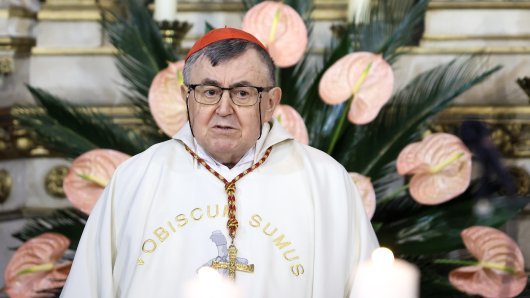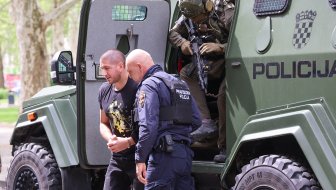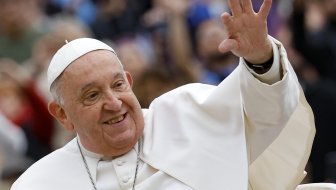Croatia passed a difficult war but it has proved to be a country that appreciates peace and overall progress, because it does not want to stay on the outskirts of Europe where there are still states in which autocratic governments are halting a democratic future, Wilfried Martens, president of the European People's Party and the Centre for European Studies, said in the eastern Croatian city of Osijek on Wednesday.
He was speaking in a panel on Croatia as the 28th member of the European Union at a day-long international conference, "Croatia in the EU".
EU accession is demanding, but the goal is for EU countries to be genuine advocates of democracy, peace and progress in this region, said Martens.
He commended the efforts Croatia's ruling party, the HDZ, had invested so that the country could become an equal EU member, saying Croatia was a country in which Prime Minister Jadranka Kosor as HDZ president was governing a modern and European party.
Croatia has an important role in Europe, Martens said, adding the country had always been on the boundary of the East and the West, Catholicism and Orthodoxy.
Croatia must face the European requirements by investing maximum effort in the respect for human and minority rights, and its accession will mean a peaceful settlement of disputes, which Croatia has already shown regarding border disputes, Martens said, commending Serbian President Boris Tadic's visit to Croatia, whereby Croatia had shown the path it wanted to take.
Croatian Foreign Affairs and European Integration Minister Gordan Jandrokovic voiced confidence that the accession negotiations would be wrapped up in the first half of 2011.
"I don't agree with those saying that Croatia has become a corrupt country," he said, underlining that corruption was inherited from the former Yugoslavia and that the Croatian government was readily combating all forms of unlawful activities.
Justice Minister Drazen Bosnjakovic said Croatia had created a good legal framework in the judiciary which now had to be brought to life, adding that Croatia had the capacities to create an independent and unbiased judiciary and that it would achieve this goal.
Bosnjakovic said the European Commission's recent Progress Report recognised the steps forward made in the judiciary over the past five years, but that there remained a lot of work to be done to build a modern judiciary. He said the number of unsolved cases had been cut from 1.6 million in 2004 to about 700,000.
The president of Bosnia and Herzegovina's Croatian Democratic Union, Dragan Covic, said Croatia's EU accession negotiations made an impact on developments in Bosnia, too, and that "we will be overjoyed if Bosnia and Herzegovina, at the end of this decade, is where Croatia is today."
Covic said that Croatia, with what it was doing in the accession negotiations, had done a great service to all the countries in the region aspiring to join the EU, and that Bosnian politicians would realise that. He voiced confidence that Bosnia would build its road to the EU via Croatia.





































